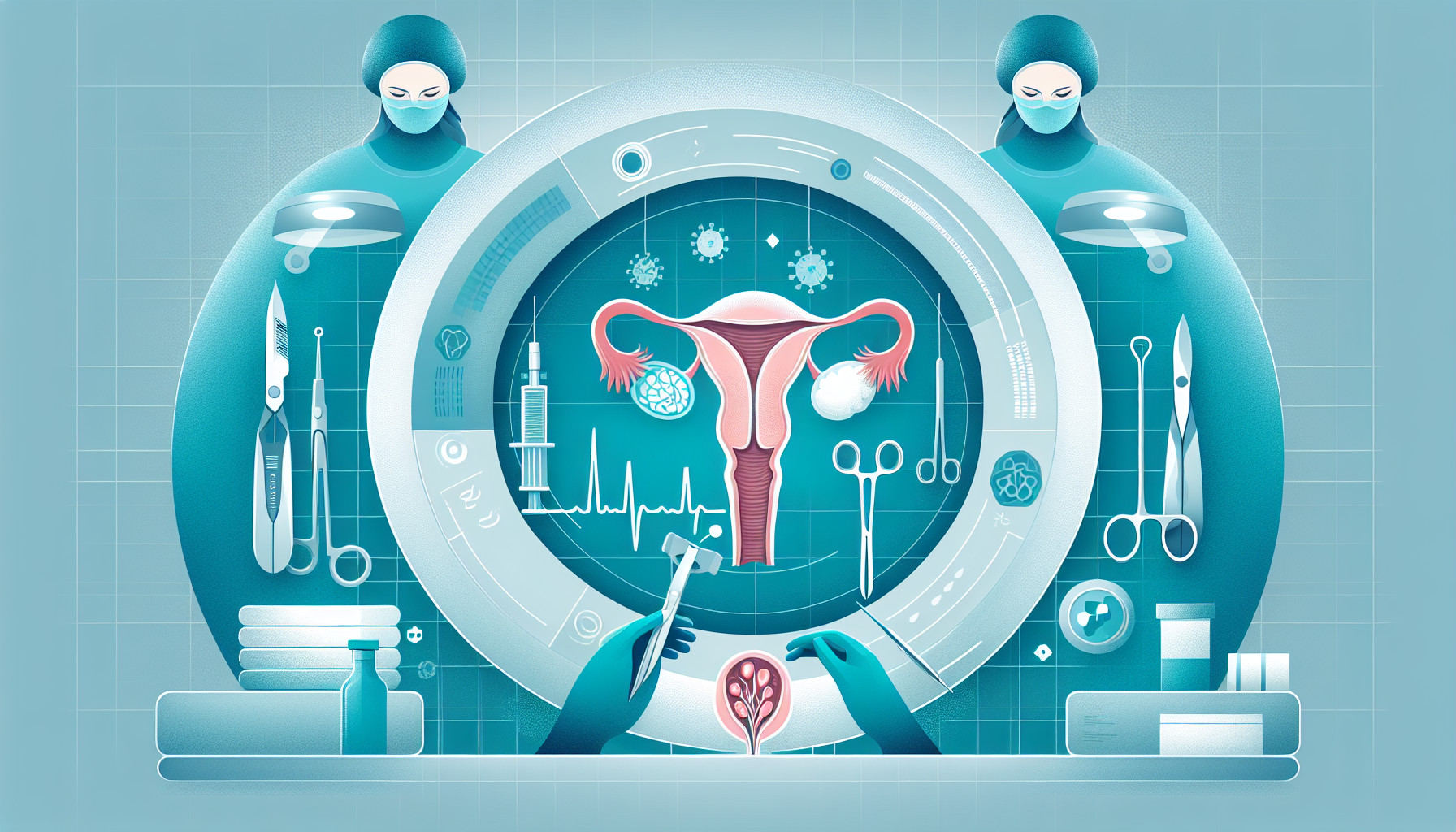Our Summary
Endometriosis is a long-term, painful condition where tissue similar to the lining of the womb starts to grow in other places, such as the ovaries. The most common form of this condition is when it causes cysts on the ovaries. One of the best ways to diagnose these cysts is through a vaginal ultrasound.
The common treatment for these cysts is to remove them with keyhole surgery. However, this can damage a woman’s ability to have children and should only be done if the cysts are not responding to medication or look suspicious.
The main aim of medication for this condition is to control the pain. Unfortunately, the medication does not improve a woman’s chances of getting pregnant. The medication works by stopping the ovulation and menstruation cycle and creating a stable hormone environment.
Hormonal treatments are the first line of defense for patients with this condition. Dienogest, a new hormone treatment, has shown promising results. The treatment needs to be taken long-term and should have few side effects, be safe and be easy to take for it to be accepted by patients.
FAQs
- What is the most common method for diagnosing cysts caused by endometriosis?
- What are the potential side effects of keyhole surgery for removing ovarian cysts?
- How does the medication for endometriosis work and does it improve a woman’s chances of getting pregnant?
Doctor’s Tip
It’s important to discuss all treatment options with your doctor and weigh the potential risks and benefits before making a decision about ovarian cyst removal. Be sure to ask any questions you may have and communicate openly with your healthcare provider throughout the process.
Suitable For
Additionally, patients who have large, persistent ovarian cysts that are causing symptoms such as abdominal pain, bloating, and difficulty urinating may also be recommended for ovarian cyst removal. These cysts may be causing complications such as ovarian torsion (twisting of the ovary), rupture, or pressure on surrounding organs.
Patients with cysts that are suspected to be cancerous or have a high risk of becoming cancerous may also be recommended for ovarian cyst removal. These cases may require a more extensive surgical procedure to remove the cyst and assess the risk of cancer.
Overall, the decision to recommend ovarian cyst removal will depend on the individual patient’s symptoms, the size and type of the cyst, and the potential risks and benefits of surgery. It is important for patients to discuss their options with their healthcare provider to determine the best course of treatment for their specific situation.
Timeline
Before ovarian cyst removal:
- Patient experiences symptoms such as pelvic pain, bloating, painful periods, and difficulty getting pregnant.
- Patient undergoes a vaginal ultrasound to diagnose the cysts on the ovaries.
- Patient may be prescribed medication to control pain and hormone levels.
After ovarian cyst removal:
- Patient undergoes keyhole surgery to remove the cysts on the ovaries.
- Patient may experience some pain and discomfort after the surgery.
- Patient may need to take medication to manage pain and hormone levels post-surgery.
- Patient may need to follow up with their doctor for monitoring and further treatment if necessary.
- Patient may experience improved symptoms and fertility outcomes after the cyst removal.
What to Ask Your Doctor
Some questions a patient should ask their doctor about ovarian cyst removal include:
- What are the risks and benefits of ovarian cyst removal surgery in my specific case?
- Are there any non-surgical treatment options available for my ovarian cysts?
- How will removing the cysts affect my fertility and ability to have children in the future?
- How long is the recovery time after ovarian cyst removal surgery?
- What are the potential side effects or complications of the surgery?
- Will I need any follow-up appointments or tests after the surgery?
- Are there any lifestyle changes I should make to help prevent future ovarian cysts?
- Are there any alternative therapies or complementary treatments that could help manage my symptoms?
- What is the success rate of hormonal treatments for ovarian cysts, and how long will I need to take them?
- Are there any clinical trials or new treatments available for ovarian cysts that I should consider?
Reference
Authors: Vignali M, Solima E, Barbera V, Becherini C, Belloni GM. Journal: Minerva Obstet Gynecol. 2021 Apr;73(2):215-225. doi: 10.23736/S2724-606X.20.04751-6. Epub 2020 Dec 14. PMID: 33314904
